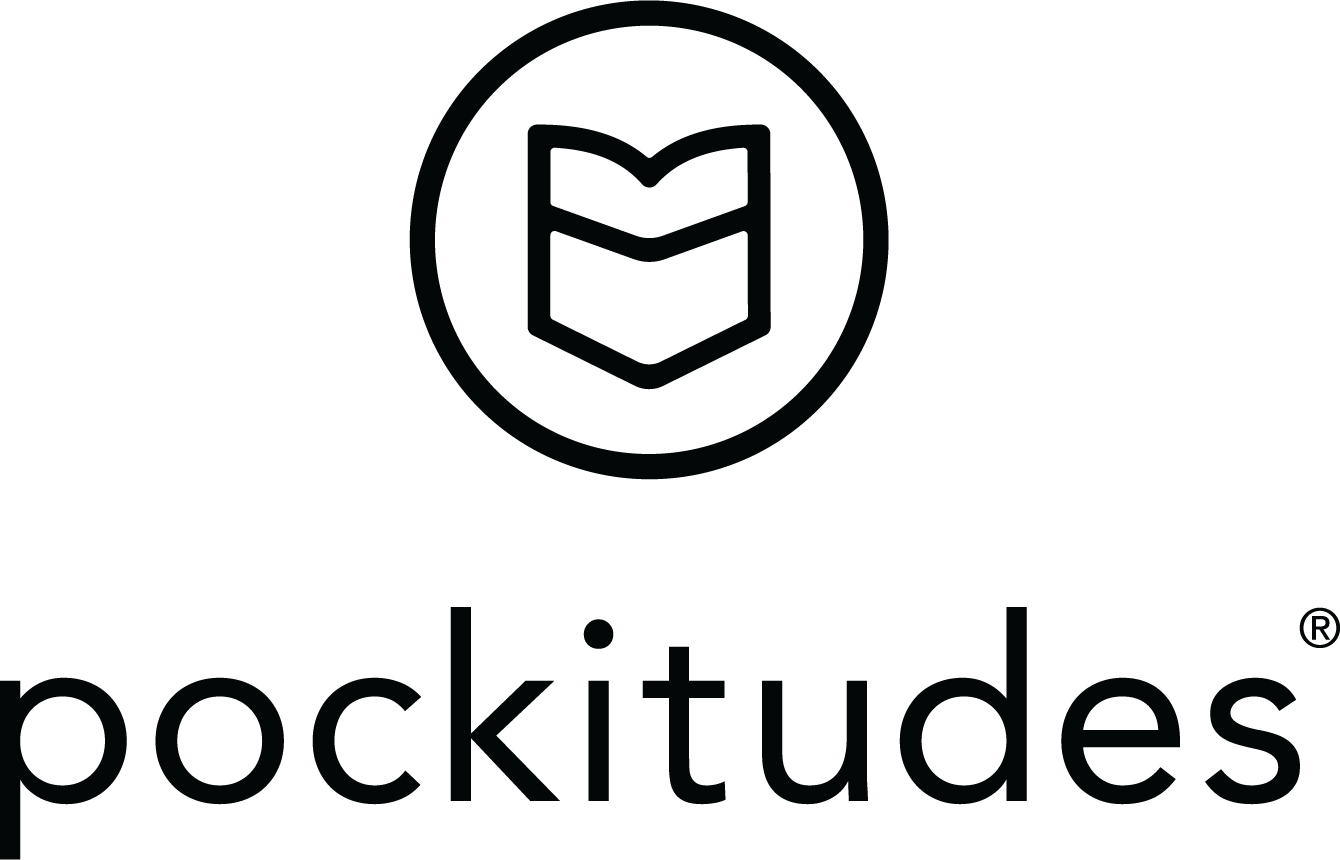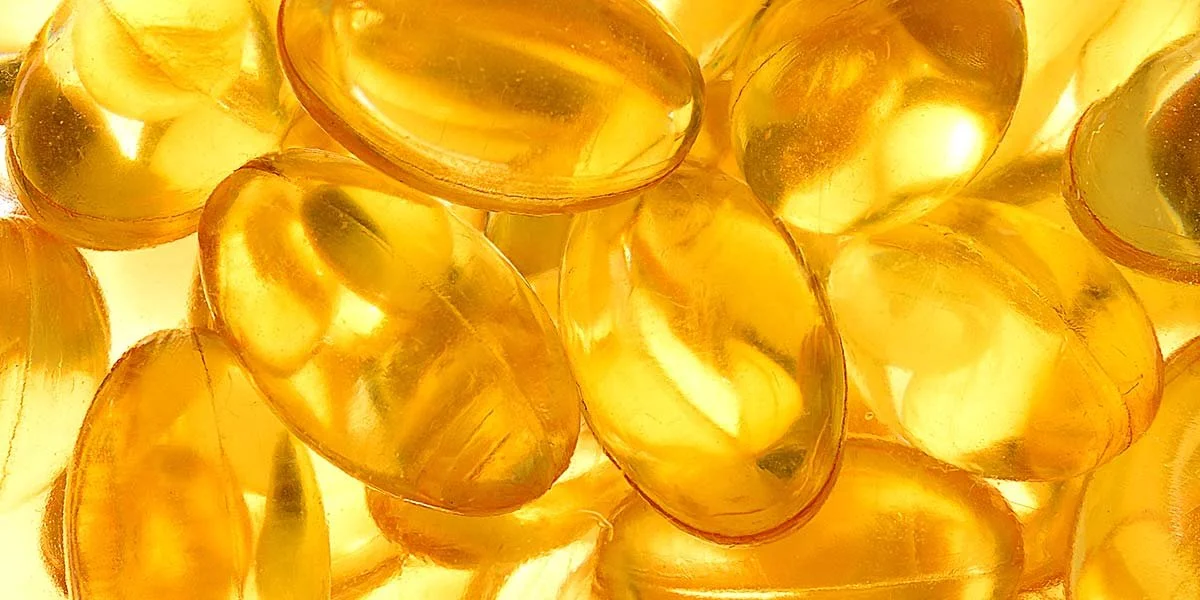What Is a Mindfulness Practice? A Simple, Human Guide
Start the New Year With Gratitude Instead of Resolutions
What to Be Grateful For During the Cold, Dark Winter Months
Winter has a way of slowing everything down. The days get shorter. The air gets sharper. The sunlight becomes a scarce visitor rather than a daily companion. For many people, winter brings a dip in energy, mood, and motivation. This is a natural response to colder weather, reduced daylight, and the shift into a quieter season.
Seeing Through the Glass: A Brighter Look at Alcohol and the Mind
We live in a culture that salutes the glass raised, the toast made, the night that flows into dawn. Alcohol is ever-present: in celebrations, in solace, in routine. But as with many things we accept uncritically, there is a story here that needs more honesty. The story of alcohol’s impact on mental health.
Wellness Isn’t a Luxury Anymore. It’s a Daily Practice.
There was a time when “wellness” meant something expensive or out of reach. Spa weekends. Detox retreats. Juices that cost more than dinner. It looked good on Instagram but was rarely sustainable.
According to McKinsey & Company’s Future of Wellness 2025 report, younger generations have quietly rewritten the rules. Millennials and Gen Z see wellness not as a luxury but as a daily habit. It’s personal, practical, and woven into ordinary life.
AI and Emotional Well-Being: Can Technology Really Help You Heal?
Designing a Personal Sanctuary: The Rise of Wellness Rooms and How to Create One for Reflection
We live in a world that is louder, faster, and more demanding than ever before. Notifications never sleep. Work follows us home. The constant drumbeat of efficiency tells us to do more, faster, cheaper. Yet our minds, bodies, and spirits are asking for something different. They are asking for space.
From Performative to Purposeful: Why Authentic Acts of Kindness, Empathy, and Care Matter for Mental Health
In a world that rewards visibility, it's easy to confuse applause with impact.
We live in an era where kindness is often performed for likes. Where empathy comes with a camera crew. Where self-care can look more like branding than actual healing. And while the heart behind these gestures may sometimes be genuine, the effect is often diluted. Mental health doesn't benefit from performative gestures. It thrives on authenticity.
Slow Is Smooth. Smooth Is Fast: The Unpopular Secret to Happiness and Mental Well-Being
The Open Road to Joy: How Summer Travel Boosts Happiness on Every Budget
Summer travel is not a luxury. It is not a privilege for the few or the reward for grinding it out all year. It is a necessity for the human spirit. In a world that praises productivity over presence and hustle over harmony, the act of traveling in summer is a small rebellion. It says: I choose to be alive. And the good news? You don’t need a trust fund or a passport to feel the transformation.
The Power of One: Why One Deeply Reflected Gratitude Is Better Than a Checklist
We live in an age of optimization. Five hacks to do this. Ten tips to do that. Life, it seems, has become a checklist. And gratitude? It's not immune. Somewhere along the way, this ancient practice—something sacred, soulful, and transformative—got repackaged into a morning routine checkbox: “List five things you're grateful for.”
The Healing Power of Handwriting: How Putting Pen to Paper Transforms Your Mental Wellness
There are few things more intimate than the quiet moment you spend with your own thoughts and a blank page. In a world that moves fast, that demands more, that rarely pauses to breathe—handwriting offers us a sacred return. It’s a radical act of presence. A practice of slowing down. A doorway to healing.
The Hidden Currency of Happiness: How Connection, Community, and Friendship Elevate Our Mental Well-Being
We live in a time where digital access is everywhere—yet the ache of loneliness is louder than ever. According to the U.S. Surgeon General, loneliness and social isolation are as harmful to our health as smoking fifteen cigarettes a day. That may sound extreme, but it’s true. And it’s time we start treating connection as essential, not optional.
Your Daily D.O.S.E. of Happiness: The Brain Chemistry Behind Mental Well-Being
The Power of a Morning Routine: A Simple Strategy to Optimize Mental Well-Being
Cozymaxxing: The Small Act of Comfort That Can Radically Transform Your Mental Well-Being
We live in a world that glorifies hustle, efficiency, and optimization. You’re told to be productive, to squeeze every drop out of your time, and to always be reaching for the next goal. But when was the last time you optimized your environment for comfort?
Enter cozymaxxing, a growing movement that prioritizes deliberate comfort as a form of self-care. Not just physical comfort—though that’s part of it—but an intentional practice of crafting an environment that nurtures your mental well-being.
The Mental Magic of Decluttering: How Clearing Space Clears Your Mind
Clutter isn’t just a stack of old magazines on the coffee table or the tangle of wires behind your desk. It’s a decision deferred, an open tab in your brain, a psychological speed bump on the road to clarity. And make no mistake—your brain registers every piece of it.
A 2011 study from the Princeton University Neuroscience Institute found that a cluttered environment limits your brain’s ability to focus and process information. Mess is not just a visual nuisance; it’s a cognitive load that saps energy and increases stress.




















